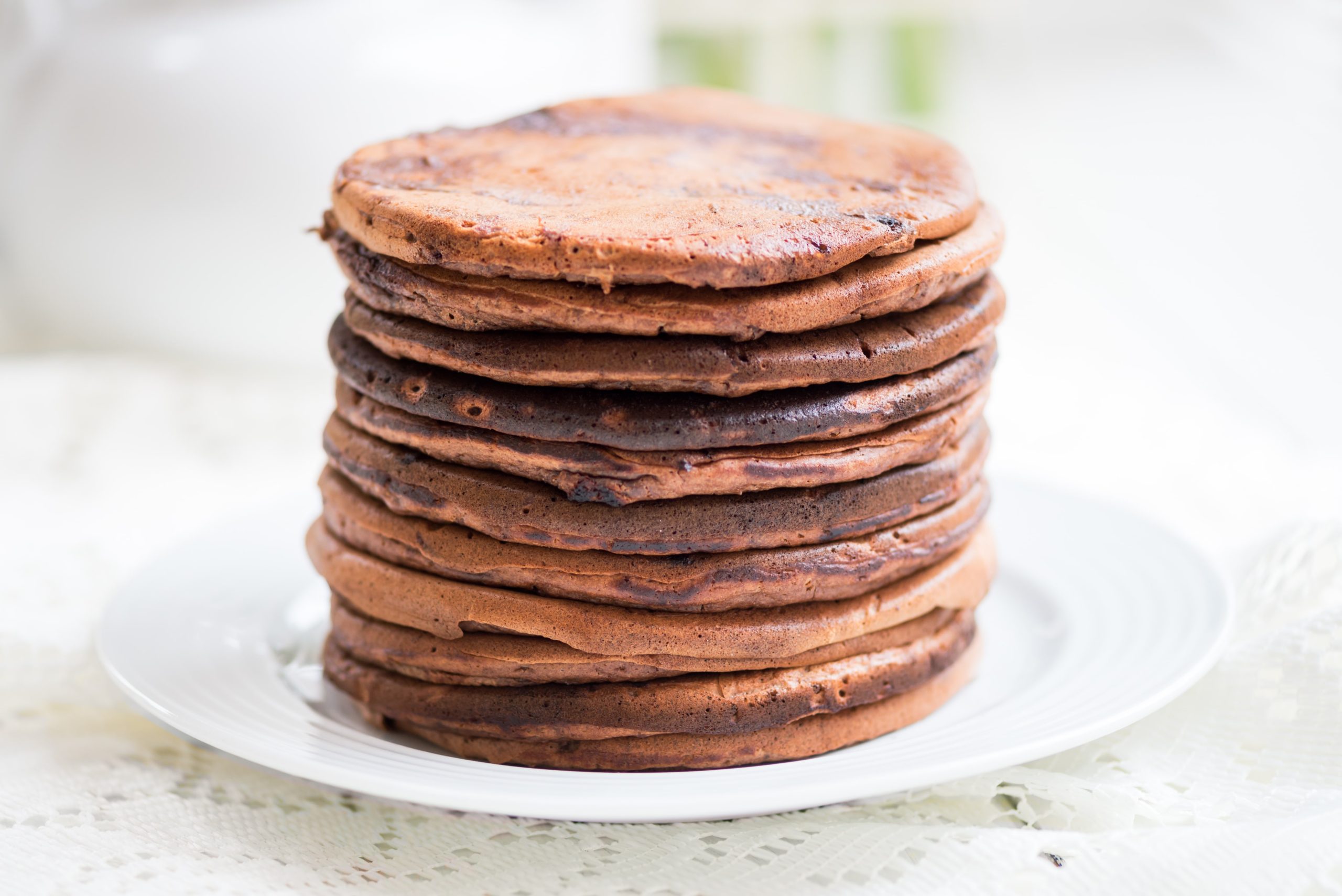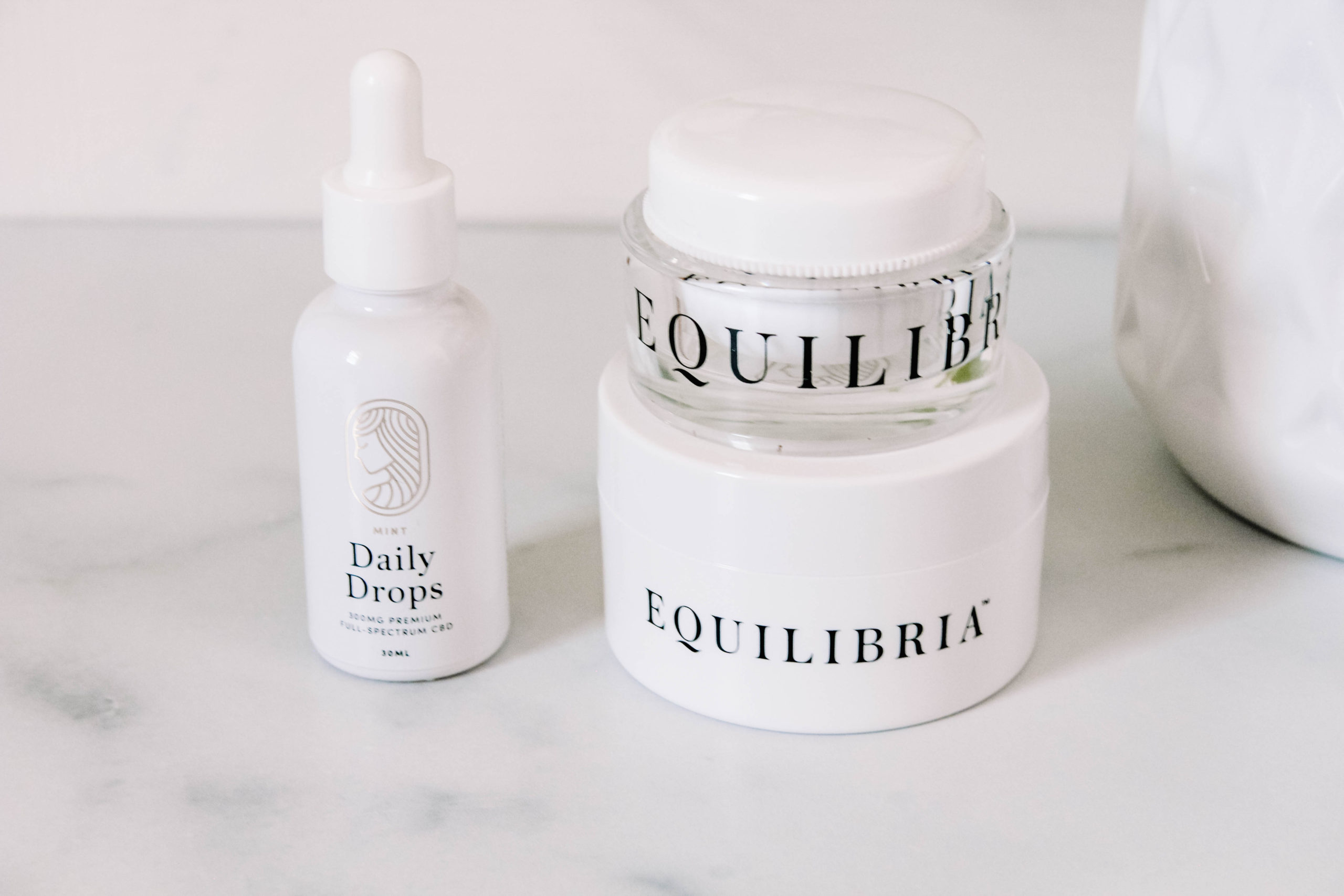Last updated on November 9th, 2021 at 04:48 pm
It seems like a lot of people are still very confused when it comes to fats – I mean I can’t really blame them with all the information floating around, and the government getting involved in nutrition once again.
So today I thought I would do a super quick post to break down some of the myths surrounding fats and give you some need-to-know facts about fat.
The truth is high-quality fat is your friend, and we shouldn’t fear fat.

Let’s bust some fat myths.
Myth #1 | The fat in our foods, and the fat on our bodies are the same.
Wrong, no way! It is however true that when we eat too many calories for our own body’s needs, the body does tend to store fat first. But this doesn’t mean that the fat we eat turns directly into the fat on our bodies.
It is a well-known fact that we need fat to function optimally and properly. Consuming enough high-quality fat is necessary to make hormones, feel satisfied, speed up the metabolism with fat-soluble vitamins, and have a healthy gut.
Myth #2 | Animal fats are bad
Did you know that preformed vitamin A (also known as retinol) is one of the most important nutrients for having a healthy metabolism and healthy hormones?
And just to be clear beta-carotene is not really vitamin A.
True fats, from animals (pastured ghee, butter, tallow, egg yolks, raw milk, and cream) are the most important fats that you can eat. Why is that? Simply because these foods provide us with all the fat-soluble vitamins like preformed vitamin A, vitamin D, and K. The nutrients are vital for optimal health, and cannot be found in plant foods.

Myth #3 | All fats are the same.
Wrong! All fats and oils don’t provide the same benefits to the body.
True fats like the ones I advocate for and that I talked about above, provide us with fat-soluble vitamins like retinol (preformed vitamin A,) vitamin D, and K. These fat-soluble vitamins cannot be found in plants.
Plant oils like avocado oil and olive oil are actually fruit oils. They are great when consumed in their whole form (olive or avocado) or raw and cold in moderation. Coconut oil is the exception and is indeed a saturated fat that has been shown to speed up metabolism.
Getting some plant oils, when eating whole foods like avocado, olives, and raw nuts are not a bad thing, but the problem arises when they replace healthy animal fats.
It is important to completely avoid toxic polyunsaturated oils like canola oil, rapeseed oil, cottonseeds oil, sunflower oil, safflower oil, and soybean oil. I can’t stress it enough – they are terrible for overall health.
The bottom line, fats are awesome and we definitely need them to function. The key is to eat the right kind of fats, that will support your hormones and metabolism.
Read more: “Why So Much Fat {And The Importance Of Nourishing Fats, “The Unrefined Kitchen: Cooking Fast & Oils” and “The Best And Most Nutritious Fats And Oils To Use {For Cooking And Baking}”
Disclaimer: This article is not intended to provide medical advice, diagnosis, or treatment.




+ view comments